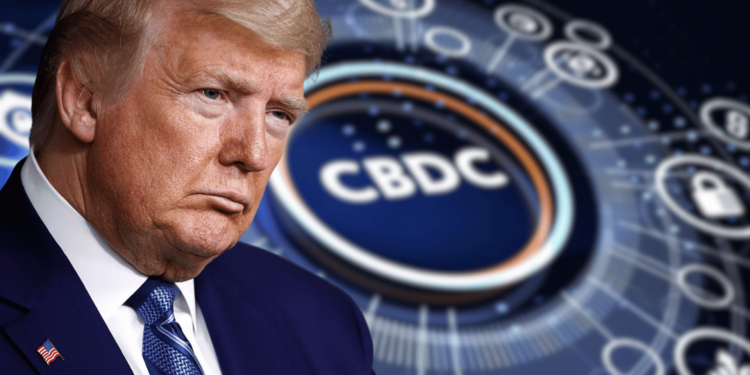- Scott Bessent dismissed the need for a U.S. CBDC, citing the country’s strong financial system.
- Republican lawmakers continue to oppose CBDCs, advocating for privacy and security safeguards.
- With Trump’s presidency set to begin, a major shift in crypto regulation could be on the horizon.
Scott Bessent, the expected pick for Treasury secretary under President-elect Donald Trump, found himself in the hot seat during a Senate Finance Committee hearing on January 16. Lawmakers grilled him on a range of financial topics, but one issue stood out: the potential for a U.S. central bank digital currency (CBDC).
The Digital Dollar Debate
Republican Senator Marsha Blackburn didn’t hold back, drawing comparisons to China’s rollout of the digital yuan during the 2022 Olympics. She questioned Bessent on how he’d approach the idea of a U.S. digital dollar if confirmed as Treasury secretary.
“I see no reason for the U.S. to have a central bank digital currency,” Bessent stated bluntly. He went on to argue that CBDCs are often tools for countries lacking solid investment options. “In my view, countries do this out of necessity. The U.S. doesn’t need a CBDC—we already have secure, highly attractive assets denominated in dollars.Crypto Support and Treasury Ambitions
Although Bessent’s comments downplayed the need for a digital dollar, his stance on broader crypto issues was less rigid. A former partner at Soros Fund Management and a donor to Trump’s campaign, Bessent has previously voiced support for government efforts to foster crypto innovation.
His nomination, while not yet official, has already stirred debate. Trump, set to take office on January 20, has been outspoken in his opposition to CBDCs, declaring during his campaign that they would never see the light of day under his administration.

Shifting Policies on CBDCs
The conversation around CBDCs in the U.S. has shifted dramatically in recent years. Back in 2022, President Joe Biden issued an executive order calling for the Treasury Department to explore the development of a digital dollar. Proponents argued it could improve financial inclusion for underserved Americans, but critics—many of them Republicans—warned it could erode privacy and pose national security risks.
In response, Republican lawmakers have pushed back hard. The CBDC Anti-Surveillance State Act, passed by the GOP-controlled House in May 2024, aims to prevent Federal Reserve banks from issuing CBDCs. The bill stalled in the Senate, but with Republicans now in control of the chamber, its future remains uncertain.
What’s Next for CBDCs Under Trump?
With the incoming Trump administration poised to shift regulatory priorities, the fate of a U.S. digital dollar hangs in the balance. Trump’s stance against CBDCs is clear, and Bessent appears to echo his skepticism. Whether this signals the end of the digital dollar debate or simply kicks the can down the road is yet to be seen.
As the Senate weighs Bessent’s potential confirmation, the crypto industry—and financial policymakers worldwide—are watching closely. One thing’s for sure: the next chapter in U.S. financial policy is about to get interesting.














